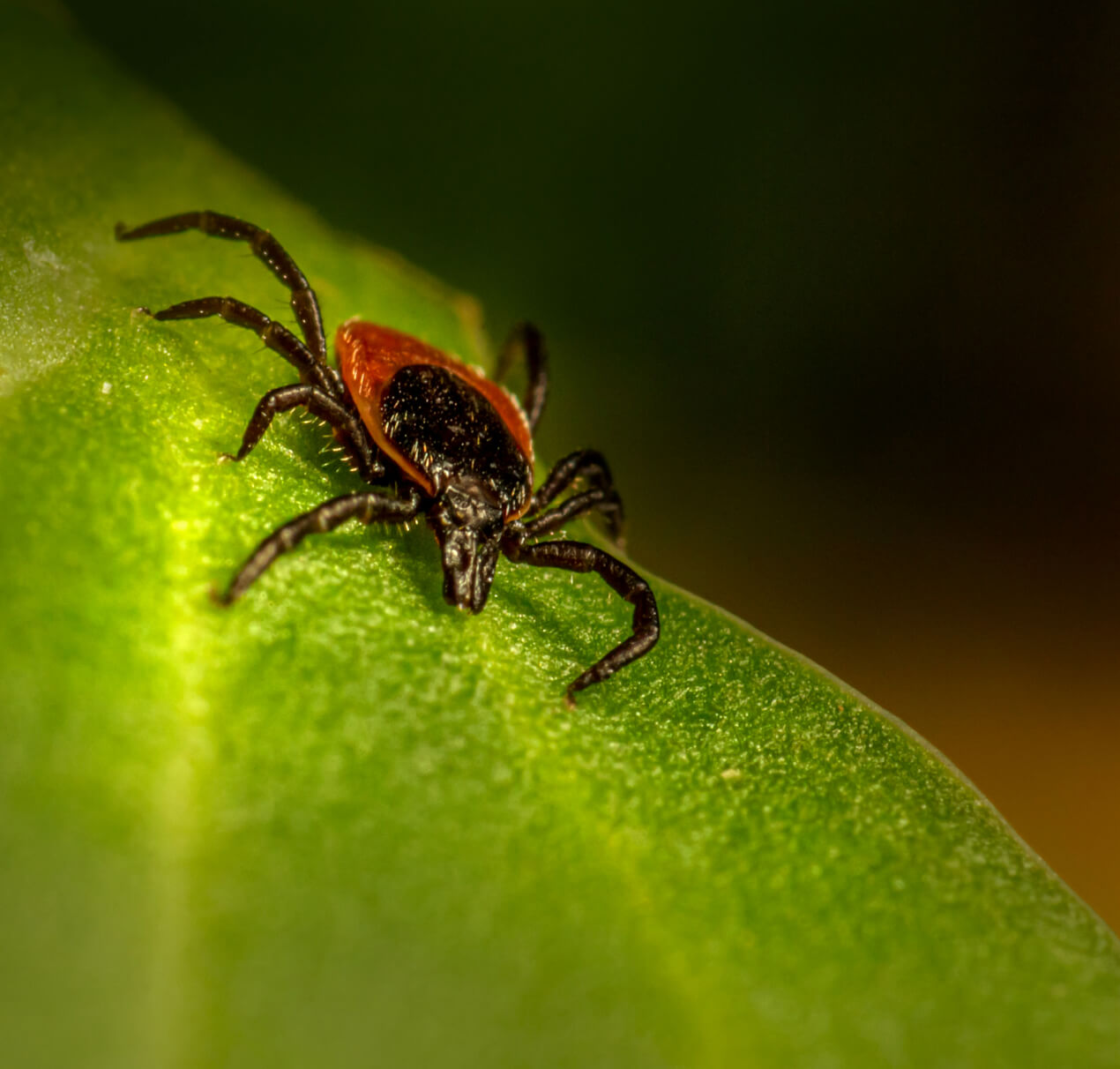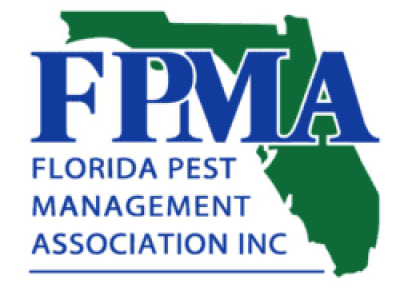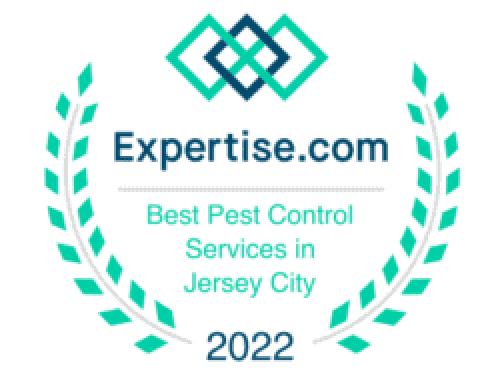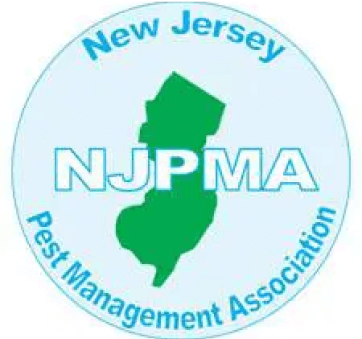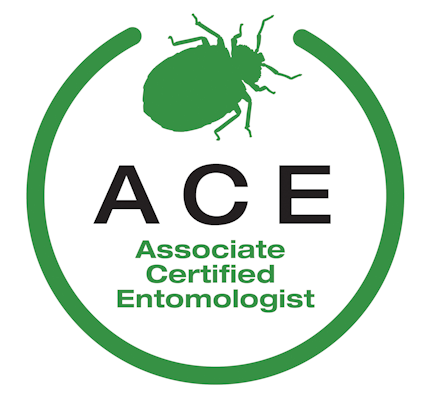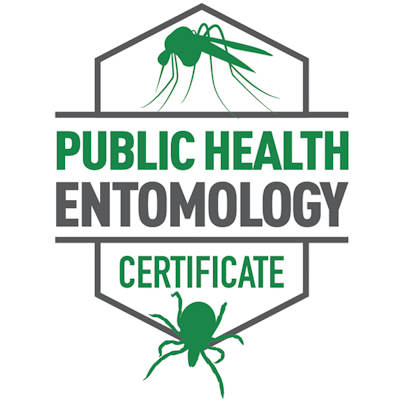Hospitals and Healthcare Pest Control


Technical environments require technical
pest control solutions.
It’s our business to make your business pest free.
Customize your pest protection plan
Each season brings new pests. We’re all over it. Providing you peace of mind with year-round protection for these common pests and more:
Ants (all types), Spiders, Roaches, Mice, Rats, Bees, Hornets, Stink Bugs, Pantry Pests, Crickets, Silverfish, Wasps, Moths, Centipedes, Millipedes, Interior Fleas, Pill Bugs, Earwigs, Box Elder Bugs
Used only in Commercial pages.
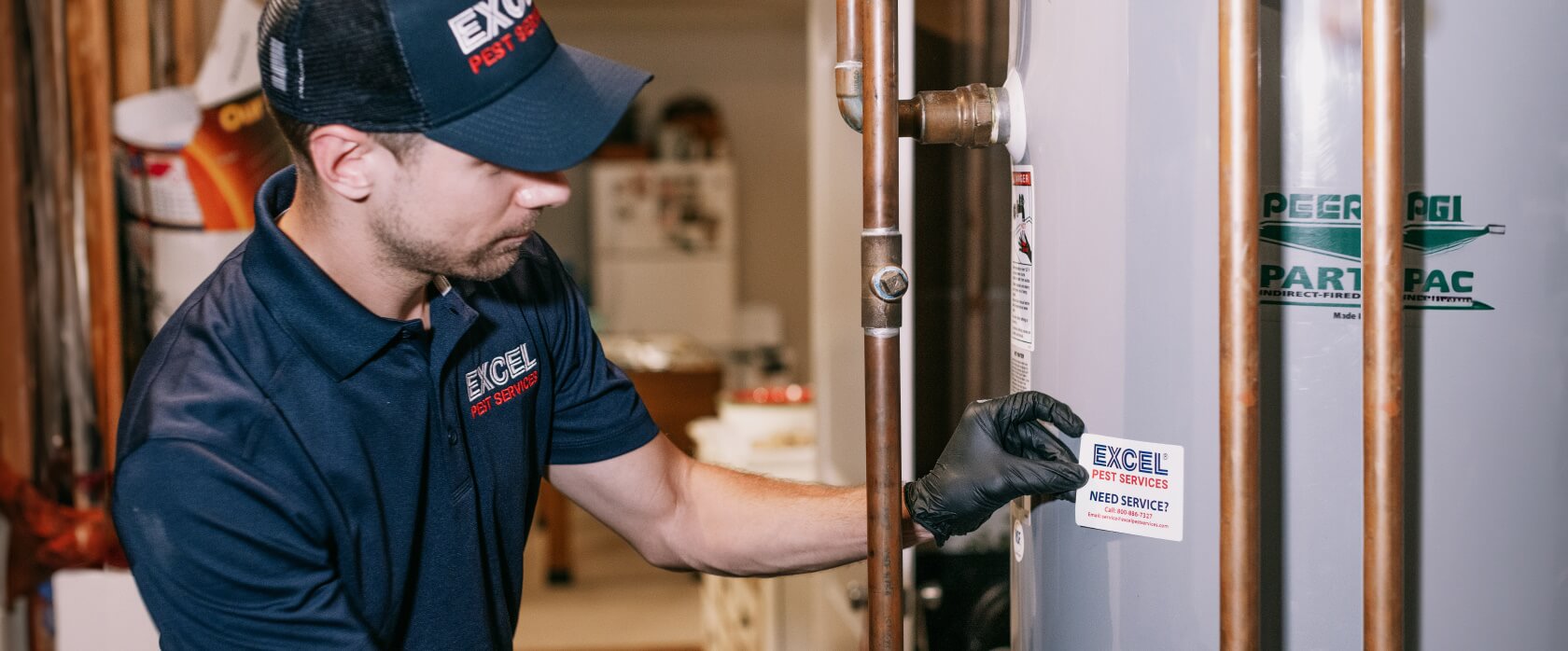
Businesses love us.
Pests, not so much.
“Their customer service is outstanding, they are quick to respond and are a very friendly group of people. Excel has always gone a step above and beyond to ensure that our tenants are well taken care of and their pest issue is resolved, no matter what it is. They are also very helpful with tips on how to prevent issues from reoccurring and they do a nice job showing our tenants how to take preventative action for the future.”
“You can really tell the difference in the service they provide. I have not had a single complaint since I began service with them. Their technicians are very knowledgeable, and are very thorough. We could not be happier and most importantly, I know my customers, employees and all of our kitchen appliances and food are safe! I certainly recommend anyone to give them a try, Excel does not disappoint.”
“Our company has been using Excel since last summer, and we are so pleased with our technician. He is extremely customer service oriented and extremely informative any time we have questions or concerns.”
A few of our valued clients
















If pests come back so do we. Guaranteed.
Talk to us today.

